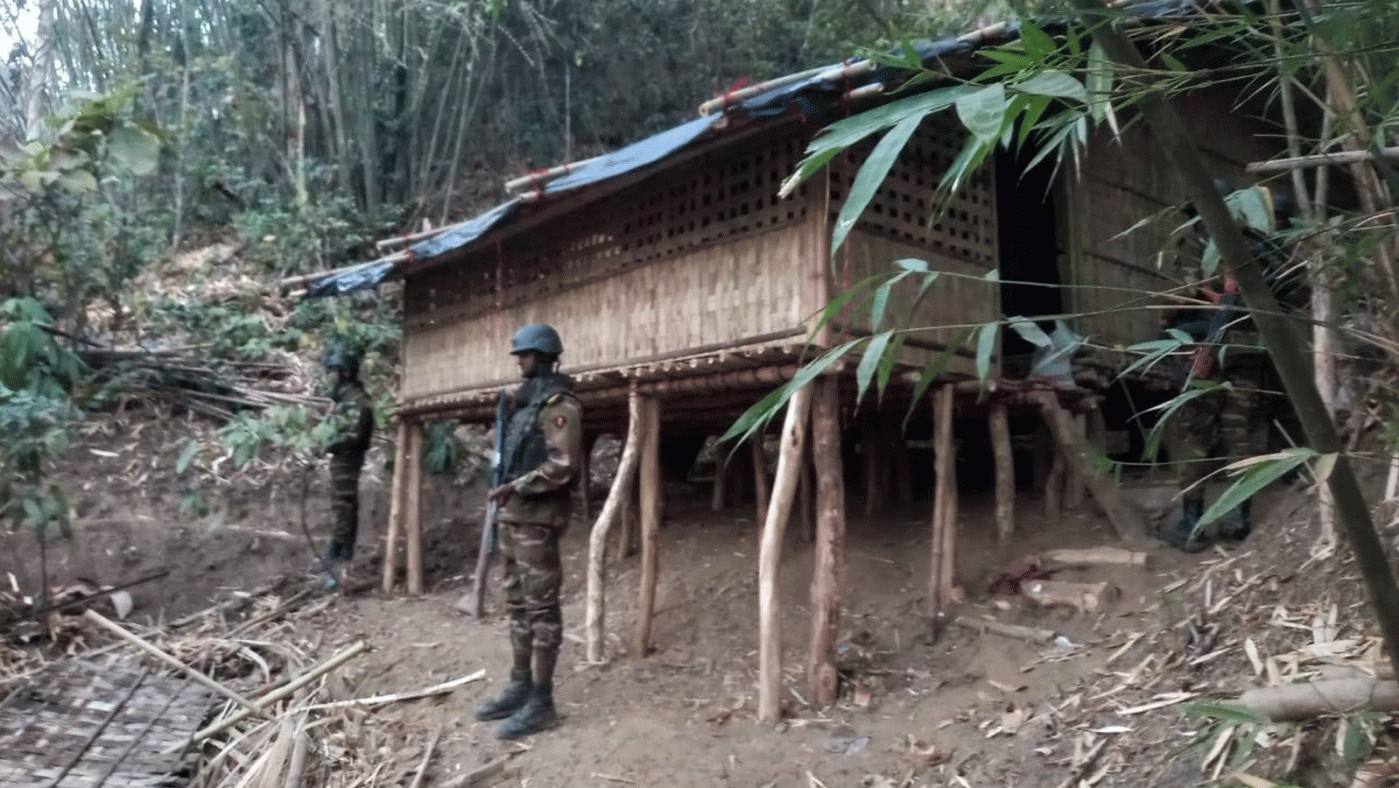This content is restricted to site members. If you are an existing user, please log in. New users may register below.
Bangladesh Intelligence Uncovers UPDF Bases and Arms Routes in India

Reading Time: 2 minutes Bangladesh’s intelligence community has achieved a major breakthrough in countering the insurgency in the Chittagong Hill Tracts (CHT), uncovering the full network of arms smuggling routes and identifying multiple bases of the United People’s Democratic Front (UPDF) located deep inside Indian territory. This finding confirms longstanding suspicions that India is covertly sponsoring the UPDF as part of a broader strategy to destabilise Bangladesh’s eastern frontier. Intelligence Findings Investigations conducted jointly by Bangladesh’s intelligence and security agencies have mapped a sophisticated network of infiltration routes and established that the UPDF operates from secure bases in the Indian states of Tripura and Mizoram. These bases serve as training camps, logistical hubs, and storage sites for weaponry. Intelligence reports show that these locations are well equipped and guarded, indicating sustained external support. The routes exploit dense forest and rugged terrain in the CHT, using covert footpaths, river passages, and

